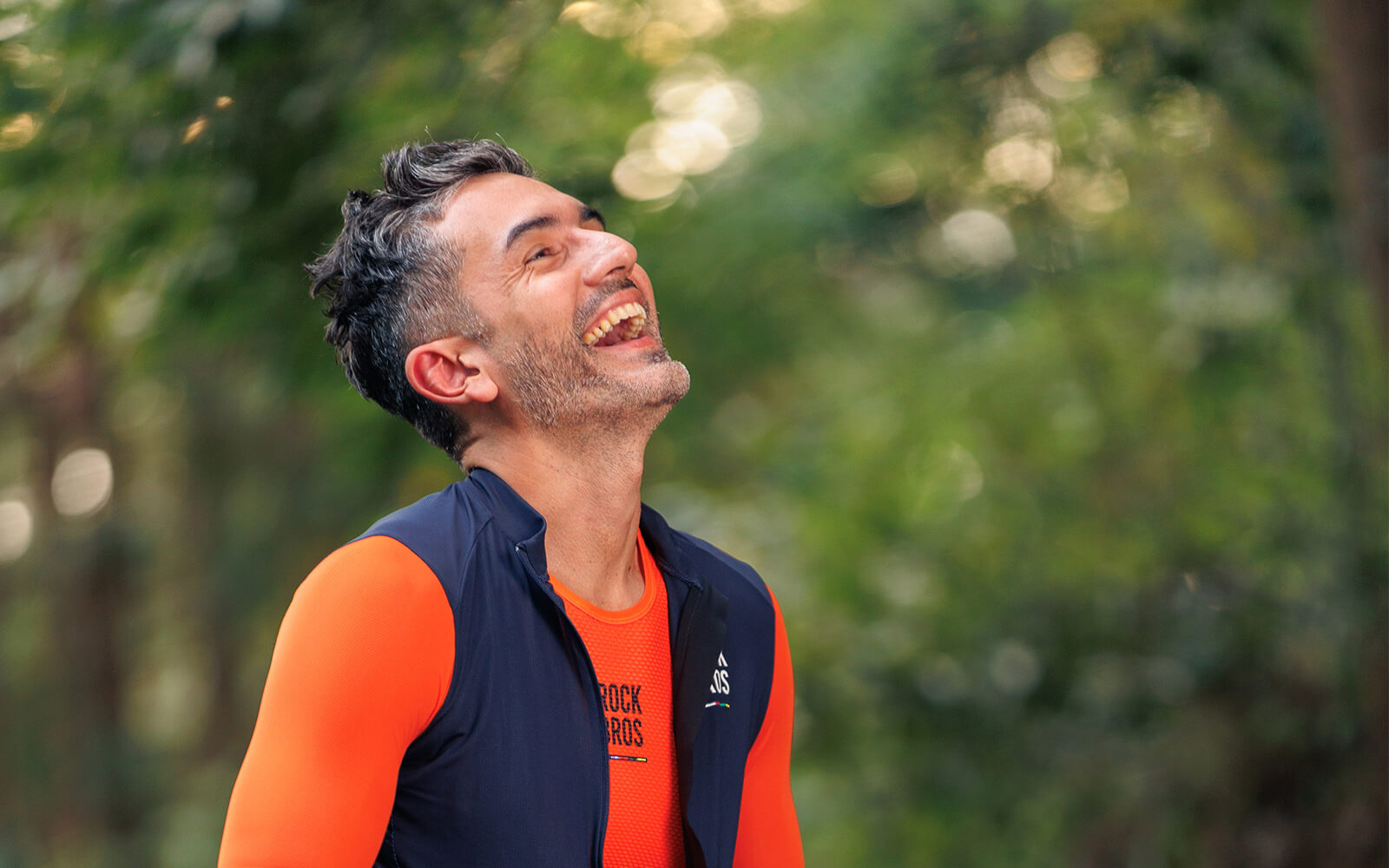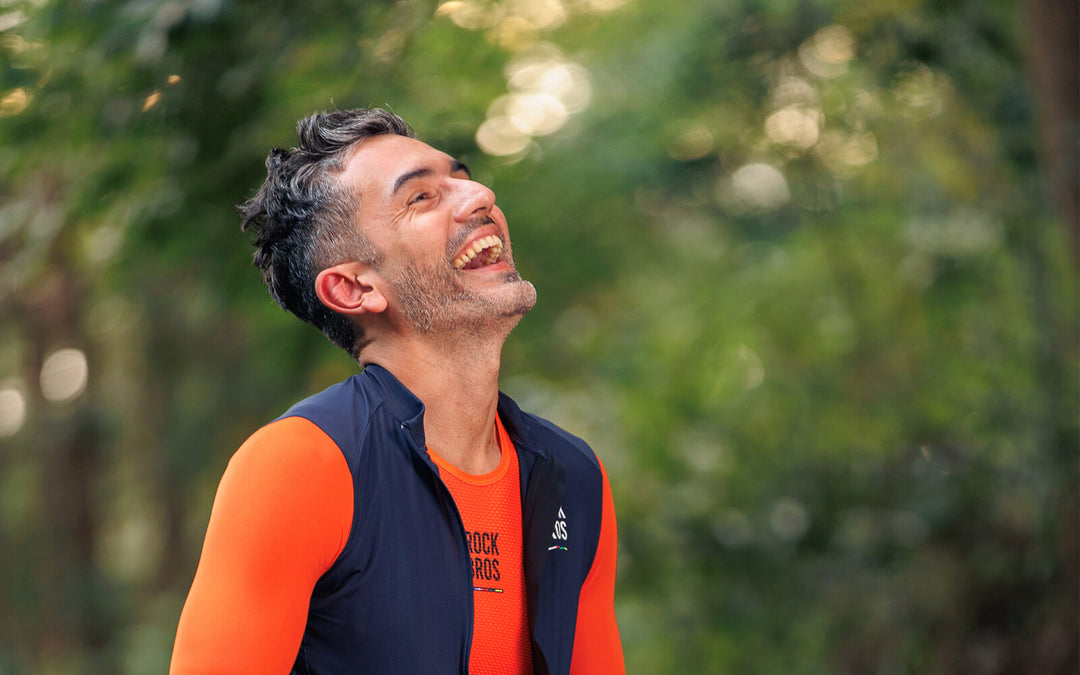The impact of cycling on electric vehicles

In recent years, environmental protection has become one of the global focuses. People are increasingly concerned about reducing carbon emissions and mitigating the negative impact on the environment. Electric cars are considered one of the important sustainable options for the future, but cycling is also an environmentally friendly mode of transportation. Data surveys and literature studies show that cycling has only one-tenth of the impact of electric cars.
According to Data Surveys
the current global annual carbon emissions are about 38 billion tons, of which transportation accounts for about 23% of the total. Electric cars are considered an effective way to reduce carbon emissions from transportation. However, the production of electric cars requires a lot of energy and resources, including oil, coal, steel, etc., all of which generate a large amount of carbon dioxide emissions. At the same time, the production and disposal of electric car batteries also cause environmental problems.
In contrast, cycling is a very environmentally friendly mode of transportation. Cycling does not require fuel, produces almost no carbon emissions, and does not require a lot of energy and resources. In addition, cycling can exercise the body, improve physical fitness, and benefit health.
Excerpts From Relevant Literature Studies Show that
Literature studies show that a cyclist who commutes 5 miles per week can reduce approximately 500 pounds of carbon dioxide emissions, while an electric car emits about 5,000 pounds of carbon dioxide per year. This means that cycling has only one-tenth of the impact of electric cars.
Although commuting to work or school produces the highest proportion of carbon dioxide emissions (37%), social and recreational travel (34%), business travel (11%), and travel for shopping or personal business (17%) also contribute.
In addition, cycling has other environmental advantages. For example, cycling can reduce urban congestion and traffic accidents, alleviate environmental pressure, reduce reliance on limited resources such as oil, and promote sustainable development.
ROAD TO SKY :Encouraging More People to Choose Bicycle as A Daily Transportation Mode
When discussing the environmental and health benefits of cycling, we should also pay attention to the importance of cycling equipment. Here, we can mention the ROAD TO SHY bicycle equipment brand, whose philosophy is to allow people to enjoy the fun of cycling while improving cycling safety and comfort, thereby encouraging more people to choose cycling as a daily mode of transportation.
Hidden Cable Lock
ROAD TO SHY's bicycle equipment is exquisitely designed, focusing on details and quality. For example, our Cycling Equipment is designed for professional cyclists, not only close-fitting and quick-drying but also enhances the user experience, allowing cyclists to enjoy the fun of cycling. At the same time, our Hidden Cable Lock uses a concealed, high-strength carbon fiber material, which is a new type of bicycle lock. The lock has a lightweight design, and users can hardly feel the weight of the lock. The advanced feature of this lock is that it can be hidden inside the handlebar.
 TOP TUBE BAG
TOP TUBE BAG
ROAD TO SHY's bicycle equipment also focuses on environmental protection. Their products use sustainable materials, such as our ROCKFIT patented fixing system for Bicycle Bags, which features a knob quick-release and lock design for convenient installation of the bicycle tube, firm and anti-skid.
Summary
In summary, cycling is a highly eco-friendly mode of transportation that can effectively reduce carbon emissions and negative environmental impacts. We should encourage more people to choose cycling as their daily mode of transportation to protect our planet and health. When discussing the environmental and health benefits of cycling, we should also pay attention to the importance of bicycle equipment, such as those offered by ROAD TO SHY, which emphasizes safety, comfort, and sustainability.









Leave a comment